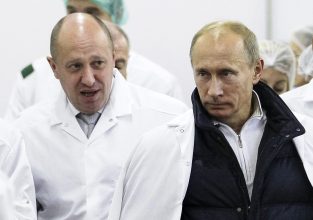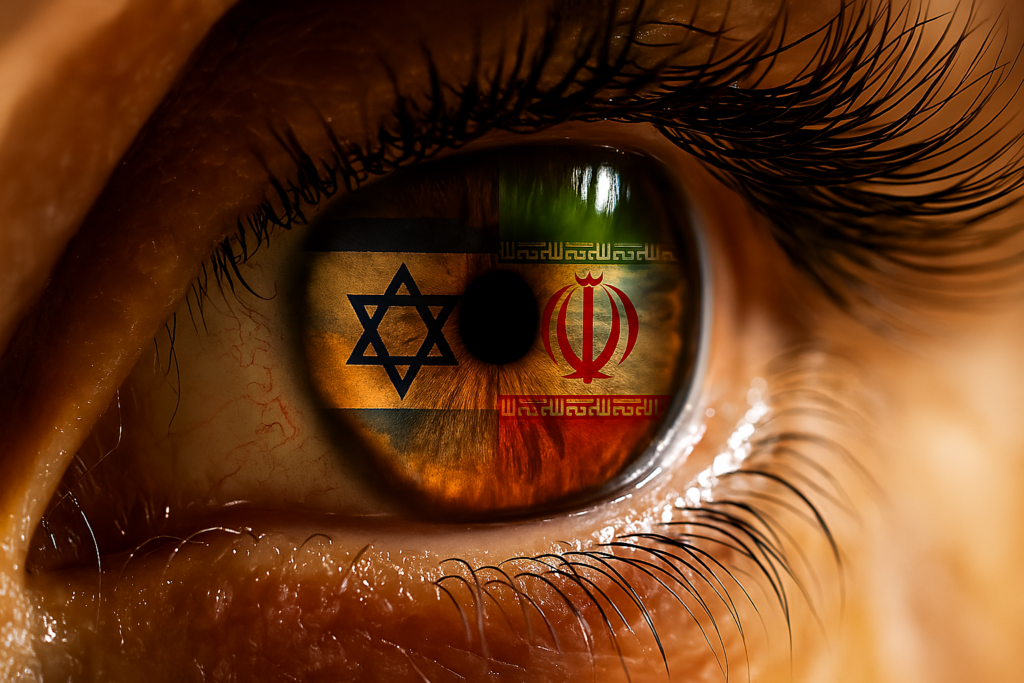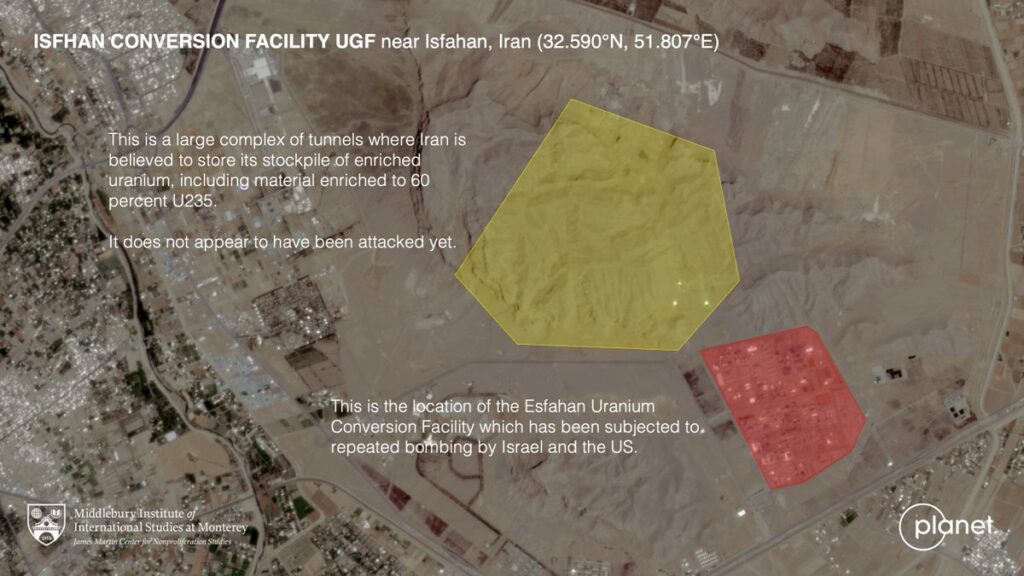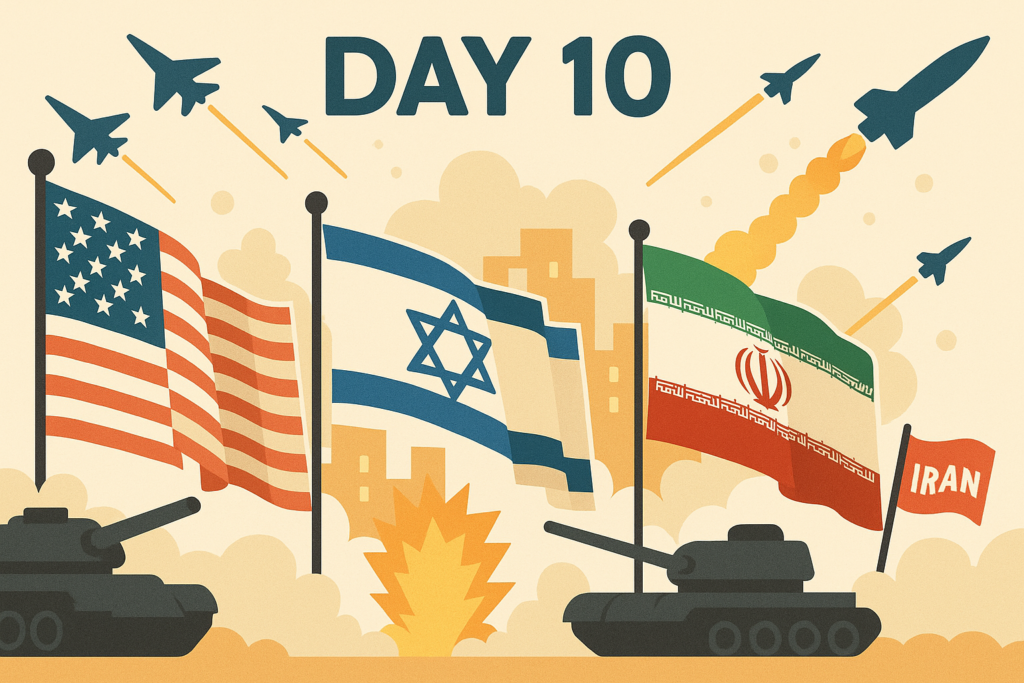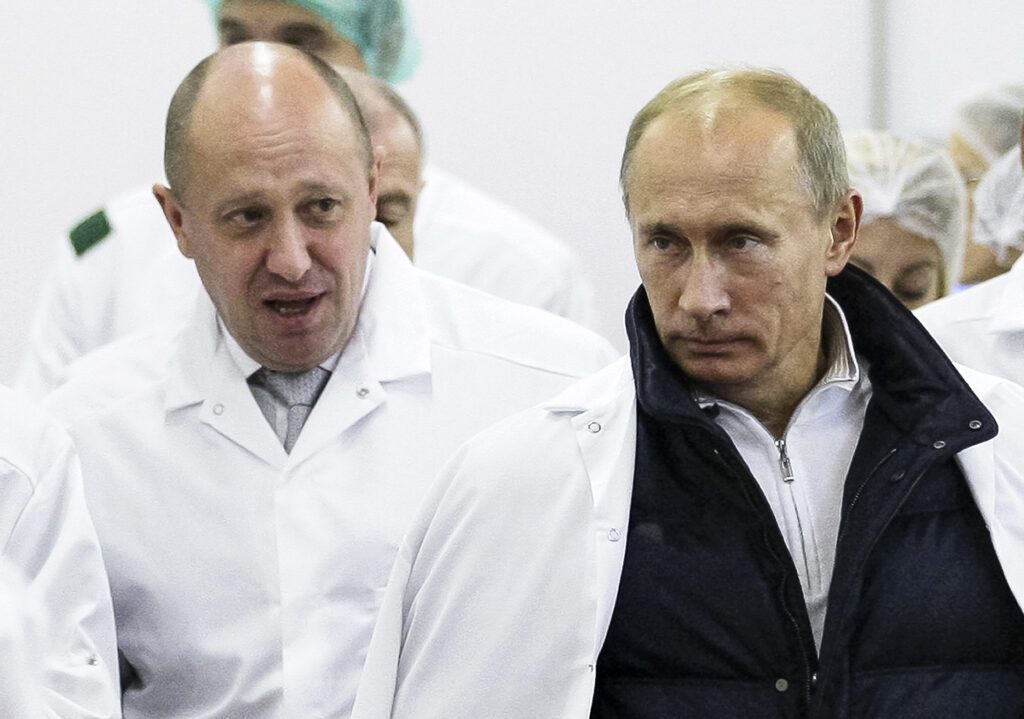“Q: Are you able to forgive? Putin: Yes, but not everything. Q: What is it impossible to forgive? Putin: Betrayal.”
Speevr Intelligence
The Speevr Intelligence daily updates provide in-depth alternative perspectives on key themes and narratives driving financial markets. Our unique collection brings Speevr's exclusive content together with partners' research and analysis.

